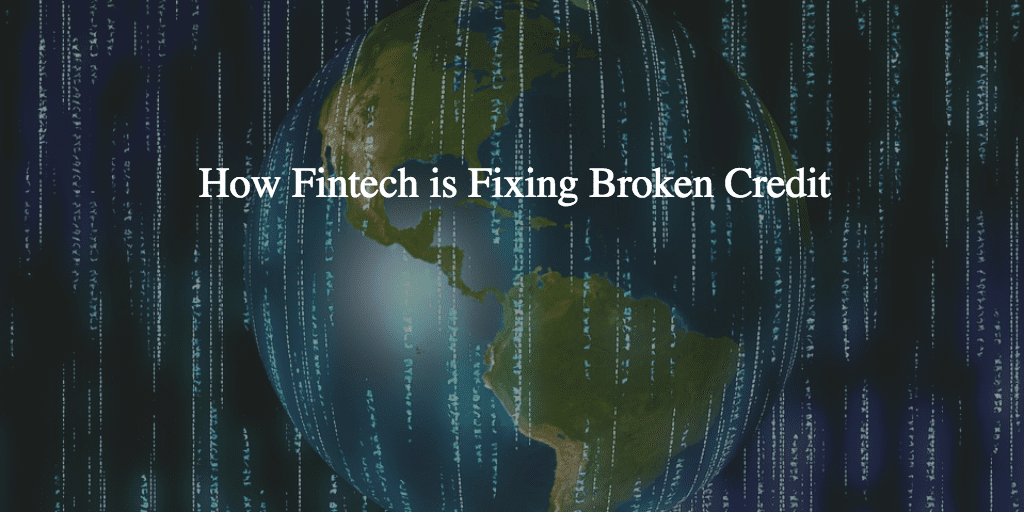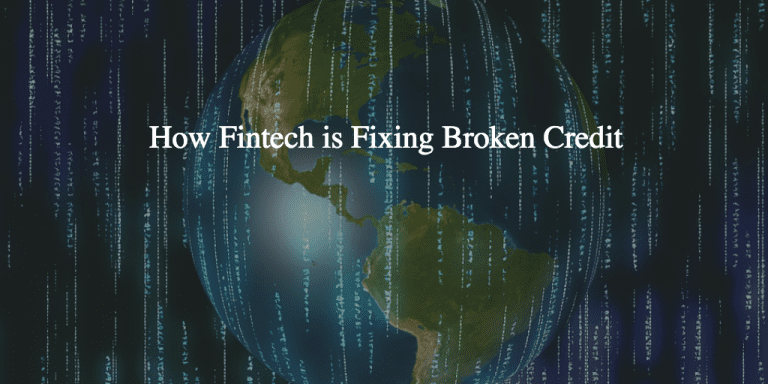
[Editor’s note: This is a guest post from David Lin, Head of Credit at PayU. David is an experienced FinTech risk executive with a background in consumer and small business lending across international and US markets. At PayU, David works with the team to successfully launch lending products by leveraging technology and data science to manage risk while balancing customer experience and optimizing operational effectiveness. He specializes in assessing, quantifying, and mitigating risks by incorporating performance monitoring and benchmarks regarding growth, delinquency, losses, recovery and overall profitability.]
For millions of people, a lack of access to credit is just another part of life. Yet, without this access, it can be incredibly difficult for businesses and customers to connect with each other. In fact, according to The World Bank, despite a 20% increase between 2011 and 2014 in the number of adults with access to formal financial services worldwide, an expected 2 billion adults worldwide are unbanked. In addition, some 200 million businesses are excluded from the formal financial system.
The fact that traditional credit bureaus serve only a slice of the world’s adult population is not new. However, access to credit doesn’t just equate to financial inclusion; millions of people have money in their bank accounts but aren’t given access to credit for spontaneous purchases because they don’t fit the usual profiles. With traditional credit models simply not catering to large sections of the population, it is more important than ever to find ways to offer innovative solutions to this problem.
The problem is particularly prolific in high growth markets; with a 2015 PwC report putting India’s unbanked population at 233 million (that’s nearly every 1 in 6 people). In South East Asia, a further 264 million people are without access to credit (including a staggering 80% of Cambodians). And even beyond the individuals affected, some 200 million businesses are excluded from the formal financial system.
Fortunately, the advancements we’re seeing in fintech innovation, particularly in emerging markets like India and LatAm, means we are starting to see positive change, with credit’s net widening at an increasingly rapid pace. This has been aided by increasing customer demand, tech innovation and a supportive regulatory environment.
Thanks to our deep and evolving understanding of local nuances and payments preferences, we have been able to witness the importance of access to credit and just how many people currently don’t have access through traditional means. The industry has a huge tool at its disposal though: technology. And we should all be using it to challenge the ‘norm’, deploying state-of-the-art solutions to develop new and innovative models that can provide broader access to credit.
How and why traditional credit models are fast becoming outdated
In the high growth markets, or places where underserved populations are at their peak, relying on traditional credit models and methods of processes are a vicious circle. People who have never been active in the country’s financial system would have to take out credit first in order to prove credibility. And so, the problem exists because individuals are reliant on historic “rules” and traditional methods.
The issue is monumental, stifling both economic growth and opportunity, and unfortunately, most of the challenges that come with providing access to credit require solutions that go far beyond traditional models and methods. It became very clear that providing access to credit to these populations would have to be about working what they have, instead of what they don’t. And it’s at this point that innovation really needs to step in.
How fintech innovation is ensuring credit profiles are being build using available information
When it comes to the ‘unbanked’, a key issue at hand is about access to credit. The challenge is to overcome the cumbersome challenges using alternative means and at PayU, we believe the only way to do so is through innovative technology, relying heavily on developments in Artificial Intelligence, Machine Learning and Big Data. The industry will truly benefit from companies coming together to help build credit in a different way, combining unique knowledge and understanding of these underserved populations, with technology that has the ability to pioneer these changes.
Let’s look at India specifically. India is home to over 1.3 billion people, with 250 million adults lacking access to a bank account – an astonishing figure.
Through understanding local preferences, we are able to see that despite the large number of people lacking access to a bank account, 220 million do however, have a smartphone. Innovative companies are recognising the wealth of data that these smartphones can reveal. As a consequence, new techniques are being used to build credit intelligence and more accurately understand an individual’s credit rating. For example, AI and machine learning are being incorporated into credit models, enabling underwriting which uses thousands of variables all changing in real time.
Recognizing local behaviors and preferences enables us to identify opportunities like this. Another example is leading with a data first approach, like we do at PayU. By evaluating a consumer’s purchasing behavior and unique transaction data we can enable broader access to credit than if they simply engaged with a traditional credit bureau. To this point, it then becomes about working with what people already have and using that as a means of overcoming legacy challenges to provide access to financial services.
What this looks like in practice
A key way that we are achieving this at PayU is through our €110 million investment in German fintech company Kreditech, a leading technology group for digital consumer credit using machine-learning based underwriting. With traditional credit models simply not catering to large sections of the population, collaborative partnership can be instrumental in finding new ways to offer innovative solutions to the huge problem at hand.
Kreditech’s approach is 100% unbiased when it comes to credit scoring. The proprietary machine learning models learn from experience, adjusting as they go by correcting the mistakes they make and avoiding them in the future. The proprietary algorithm, which creates the consumer’s credit score, learns from every single bit of data it gets access to and sets data patterns that optimize decision-making.
The collaborative partnership, established in 2016, resulted in a successful year long pilot programme in Poland, which saw a 30% improvement in credit conversion rates compared to traditional bank offerings, proof that innovative solutions can help us fix broken credit.
Expectations for how credit will evolve in 2018 and beyond
Kreditech is not alone in its mission to provide unconventional credit offerings, with many companies relying on alternative data, instead of traditional methods. In addition, these algorithms need to be appropriate for the region in which they are operating, and with such distinct variables across both emerging and developed markets, it’s key that algorithms can be tailored and adapted as needed; a challenge the industry is facing at scale.
I think we will see access to credit becoming even more reliant on an individual’s digital footprint; with social capital increasingly become an integral part of a person’s credit eligibility. This is where we will really start to see tangible impact.
How fintech is fixing broken credit goes far and beyond just the issue and challenges at hand, it stands for the revolution that fintech is leading; the many ways that fintech innovation continues to challenge and redefine the financial ecosystem. I’m excited to see what’s next and to continue on PayU’s journey with not only Kreditech but others who are led by an ambition to change the financial state of the world.
About PayU:
PayU uses its payments heritage and expertise to deliver financial services in emerging markets. Our local operations in Asia, Central and Eastern Europe, Latin America, the Middle East and Africa enable us to be experts in these countries and provide the best solutions for the local market. PayU is the leading online payment service provider in 16 high growth markets, dedicated to creating a fast, simple and efficient payment process for merchants and buyers. Our 250+ payment methods and PCI certified platforms are designed to meet every consumer’s needs. The markets in which PayU operates represent a potential consumer base of nearly 2.3 billion people and a huge growth potential for merchants. PayU has more than 1,800 payment specialists based in these local markets supporting PayU’s 300,000+ merchants and the millions of consumers making online payments.


